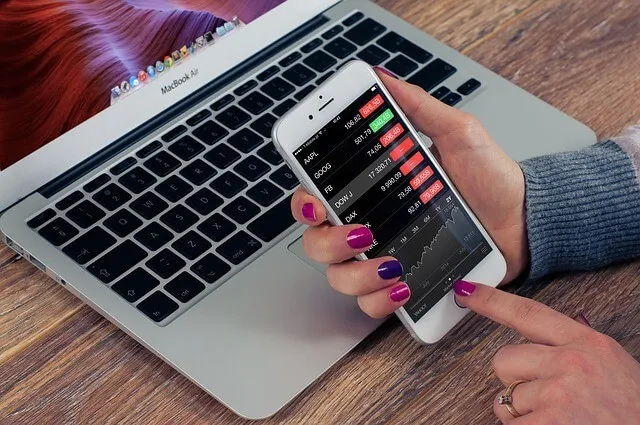What Drives EUR/USD Volatility? Key Factors to Watch
The EUR/USD currency pair never moves in a straight line. Some days, it glides through the market with little resistance, while on others, sharp spikes and dips leave traders scrambling. The unpredictability of EUR/USD trading is what makes it both challenging and exciting. Behind every movement, there are powerful factors shaping price action, and traders who can anticipate these shifts often gain a competitive edge.
Interest Rate Decisions and Policy Shifts
Central banks play a leading role in determining the direction of EUR/USD trading. The European Central Bank (ECB) and the Federal Reserve set interest rates and adjust monetary policies based on inflation, employment data, and economic growth. A sudden rate hike in the US often strengthens the dollar, while dovish remarks from the ECB can weaken the euro. These announcements tend to trigger some of the largest price swings in the pair.

Image Source: Pixabay
Traders closely watch economic calendars for upcoming central bank meetings. Even the slightest hint at a policy change can send shockwaves through the market, making it crucial to stay ahead of these key events.
Economic Reports and Data Releases
Beyond central banks, economic data releases significantly influence EUR/USD trading. Reports such as US Non-Farm Payrolls (NFP), European inflation figures, GDP growth, and consumer sentiment numbers all have the potential to shake up the market. Strong job data in the US can reinforce dollar strength, while weak Eurozone manufacturing numbers may send the euro downward.
The frequency of these reports ensures that there is almost always a fresh catalyst moving the pair. Traders who understand which reports have the most impact can position themselves strategically before volatility strikes.
Market Sentiment and Global Risk Appetite
Investor confidence shifts constantly, and these mood swings are reflected in EUR/USD trading. During times of uncertainty, traders tend to flock to the US dollar as a safe-haven asset. When optimism returns, capital often flows back into riskier investments, boosting the euro.
Global events such as political elections, trade negotiations, and unexpected crises can alter sentiment overnight. This makes it essential for traders to stay informed about macroeconomic trends beyond just forex markets.
Liquidity and Institutional Trading Activity
The EUR/USD pair is the most liquid in the forex market, but even deep liquidity does not eliminate volatility. Large institutions, hedge funds, and banks execute high-volume trades that can cause abrupt price movements.
During major trading sessions—London, New York, and the overlap between them—liquidity surges, and price action becomes more pronounced. Sudden moves caused by institutional order flows often create short-term trading opportunities, which experienced traders look to capitalize on.
The Role of Geopolitical Uncertainty
Politics and international relations frequently shape EUR/USD trading patterns. Trade agreements, sanctions, and diplomatic tensions between the European Union and the US influence currency strength. Elections in either region can also introduce instability, as markets react to potential policy shifts.
For traders, keeping a close eye on global developments is just as important as tracking technical charts. A sudden political shake-up can disrupt trends and create trading conditions that demand quick adjustments.
Navigating the Ever-Changing EUR/USD Market
The volatility of EUR/USD trading is driven by a complex mix of economic data, central bank policies, investor sentiment, and geopolitical shifts. Understanding these factors allows traders to anticipate major moves and position themselves accordingly. Those who remain adaptable and stay informed can turn market uncertainty into opportunity, making the most of this ever-changing trading landscape.

Comments